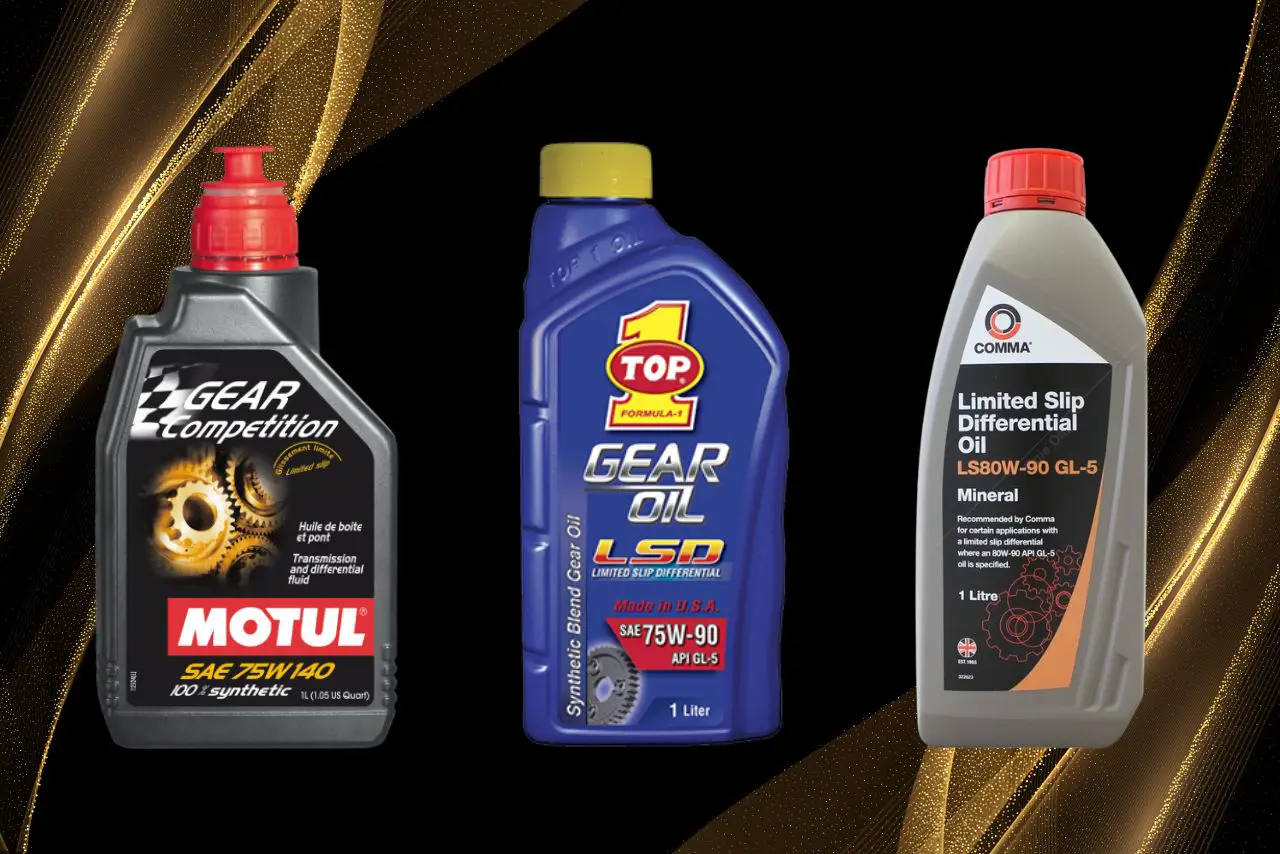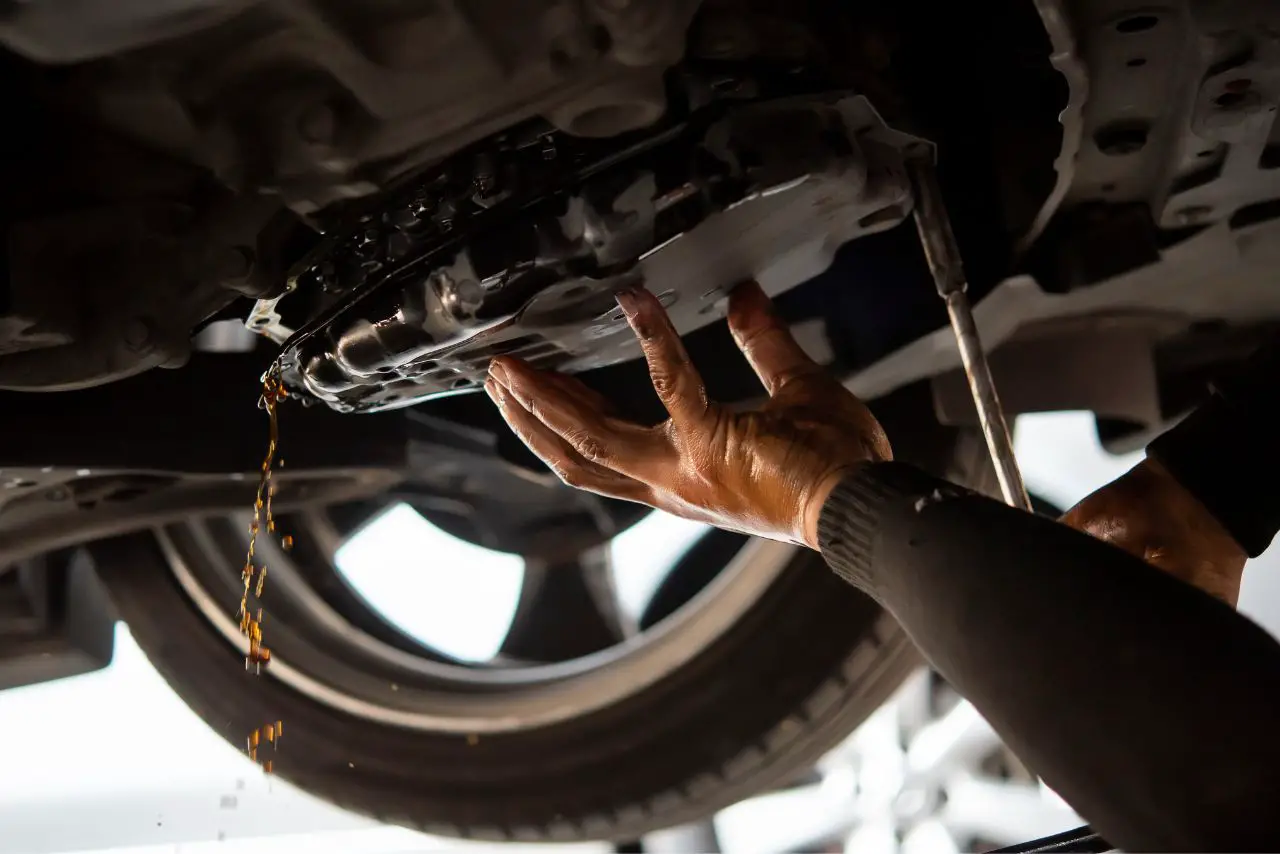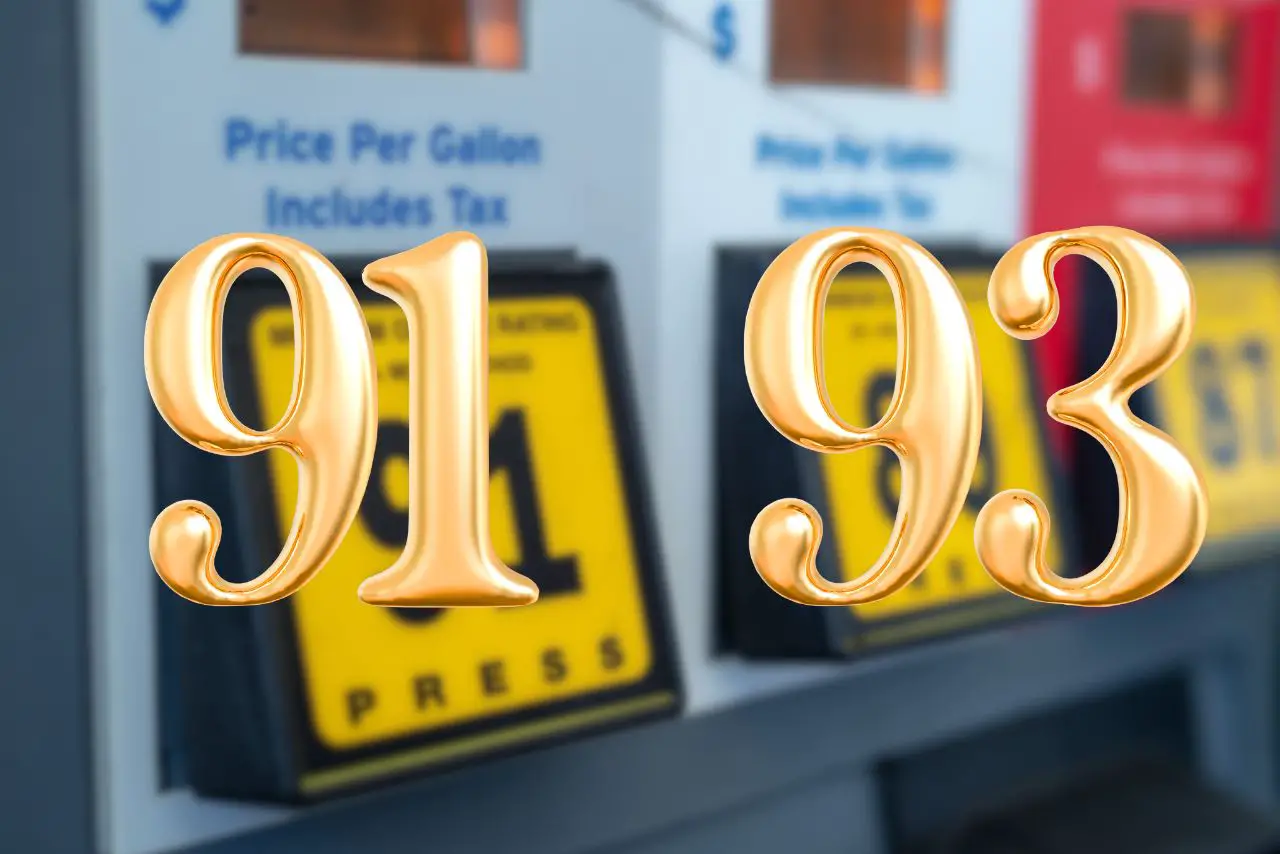Why Are Oil Catch Cans Illegal in Some States? The illegality of oil catch cans in certain states is reflective of the significant environmental risks they present.
Primarily, the presence of oil catch cans can lead to an increase in atmospheric pollution as a result of their inability to effectively control and contain discharges from motor vehicles.
This can have deleterious impacts on local air quality and other forms of ecological degradation that may arise from the excess emissions caused by these devices.
Oil catch cans have been a popular aftermarket modification for car enthusiasts for years.
They are designed to prevent oil and other contaminants from entering the engine’s intake system, which can cause a variety of problems such as reduced performance and increased engine wear.
As the demand for cars and other vehicles has increased so too have their emissions. This is why catch cans, which capture motor oil vapors before they can enter the atmosphere, have become increasingly popular.
Unfortunately, in some states, these catch cans are illegal due to concerns over their potential environmental impact.
This article will explore why some states have outlawed oil catch cans and what drivers can do if they live in one of these states.
What is an Oil Catch Can?


An oil catch can is a device that is installed in the positive crankcase ventilation (PCV) system of a vehicle. The PCV system is designed to vent blow-by gases that occur when fuel and air are combusted in an engine.
These gases contain oil vapors that can accumulate in the intake manifold and cause carbon buildup. An oil catch can is designed to capture these oil vapors and prevent them from entering the intake manifold.
The device is typically installed between the PCV valve and the intake manifold, and it contains a baffle system that separates the oil vapors from the blow-by gases. The oil vapors are then collected in a reservoir, which can be emptied periodically.
Oil catch cans are commonly used in high-performance and modified vehicles to prevent carbon buildup and improve engine performance. However, modifying the PCV system is illegal since it’s part of the engine’s emissions system.
Read More: Mustang Fastback Vs Coupe:
Why are Oil Catch Cans Illegal?
Oil catch cans are a popular modification for car enthusiasts who want to improve the performance of their engines. However, in many areas, the use of oil catch cans is illegal. But why is that?
The main reason why oil catch cans are illegal in some areas is that they modify the Positive Crankcase Ventilation (PCV) system, which is part of the engine’s emissions system.
The PCV system is designed to reduce harmful emissions by recirculating them back into the engine, where they can be burned off.
When an oil catch can is installed, it intercepts the blow-by gases that are normally routed back into the engine through the PCV system.
This means that the harmful emissions are no longer being recirculated, which can lead to increased pollution and a violation of emissions regulations.
Additionally, modifying the PCV system in any way can also void the manufacturer’s warranty on the engine.
This is because the PCV system is an important part of the engine’s design, and any modifications can potentially cause damage or reduce the lifespan of the engine.
Arguments for and Against Oil Catch Cans
Oil catch cans are aftermarket devices that are designed to capture and prevent oil from entering the intake system of an engine.
While some car enthusiasts swear by the benefits of installing an oil catch can, others argue that they are illegal and can cause more harm than good. Here are some arguments for and against oil catch cans:
Read More: Is Fram Oil Filter Good?
Arguments for Oil Catch Cans
Proponents of oil catch cans argue that they can improve engine performance and reduce the risk of engine damage. Here are some of the main arguments in favor of oil catch cans:
- Prevent Oil Buildup: Oil catch cans can prevent oil from building up in the intake system, which can cause carbon buildup and reduce engine efficiency.
- Protect the Engine: By preventing oil from entering the engine, oil catch cans can reduce the risk of engine damage and prolong the life of the engine.
- Improve Fuel Economy: By reducing the amount of oil that enters the engine, oil catch cans can improve fuel economy and save money on gas.
Arguments Against Oil Catch Cans
Opponents of oil catch cans argue that they are illegal and can cause more harm than good. Here are some of the main arguments against oil catch cans:
- Modifying the Emissions System: Oil catch cans modify the PCV system, which is part of the engine’s emissions system. Modifying the emissions system is illegal and can result in fines or legal action.
- Void Warranty: Installing an oil catch can can void the manufacturer’s warranty on the engine and other parts of the vehicle.
- Potential Engine Damage: Oil catch cans can cause more harm than good if they are not installed correctly or if they are not emptied regularly. If the can becomes too full, it can cause oil to back up into the engine, which can cause damage.
Conclusion: Why Are Oil Catch Cans Illegal in Some States?
Why Are Oil Catch Cans Illegal in Some States? In conclusion, oil catch cans have become a popular modification for car enthusiasts looking to improve their engine’s performance and longevity. However, the legality of using oil catch cans is a topic of debate.
While it is legal to install an oil catch can for personal use, it is illegal to modify the PCV system since it is part of the engine’s emissions system.
More: Can You Do Donuts in AWD?
Oil catch cans are not illegal in and of themselves, but rather the way they are installed and used can be illegal. It is important to consult local laws and regulations before installing an oil catch can to ensure that it is done in a legal manner.
Ultimately, the decision to install an oil catch can should be made with careful consideration of the potential consequences. While it may improve engine performance and longevity, it may also result in legal issues if not done properly.
FAQs:
Can a catch can hurt your engine?
A properly installed catch can will not hurt your engine. It is designed to capture excess oil and other contaminants that can accumulate in the engine, which can help to protect the engine from damage and improve its performance.
However, an improperly installed or poorly designed catch can could potentially cause issues such as over-boost, which could lead to engine damage.
Is oil catch can bad for the engine?
No, an oil catch can is not bad for the engine. It is designed to capture excess oil and other contaminants that can accumulate in the engine, which can help to protect the engine from damage and improve its performance.
However, if the catch can is not installed properly or is not maintained regularly, it could potentially cause issues.
Why don’t manufacturers use oil catch cans?
There are several reasons why manufacturers may not use oil catch cans. One reason is cost, as adding a catch can to the engine design can increase the manufacturing cost. Additionally, catch cans require maintenance, which could be a burden for some customers.
Finally, there may be questions about the efficacy of catch cans, as their effectiveness can vary depending on the specific engine and driving conditions.
What is the truth about oil catch cans?
Oil catch cans can be beneficial in certain circumstances, especially in high-performance or turbocharged applications. They can help to prevent oil buildup and contamination in the engine, which can improve performance and longevity.
However, the effectiveness of a catch can can vary depending on the specific engine and driving conditions.






Leave a Reply